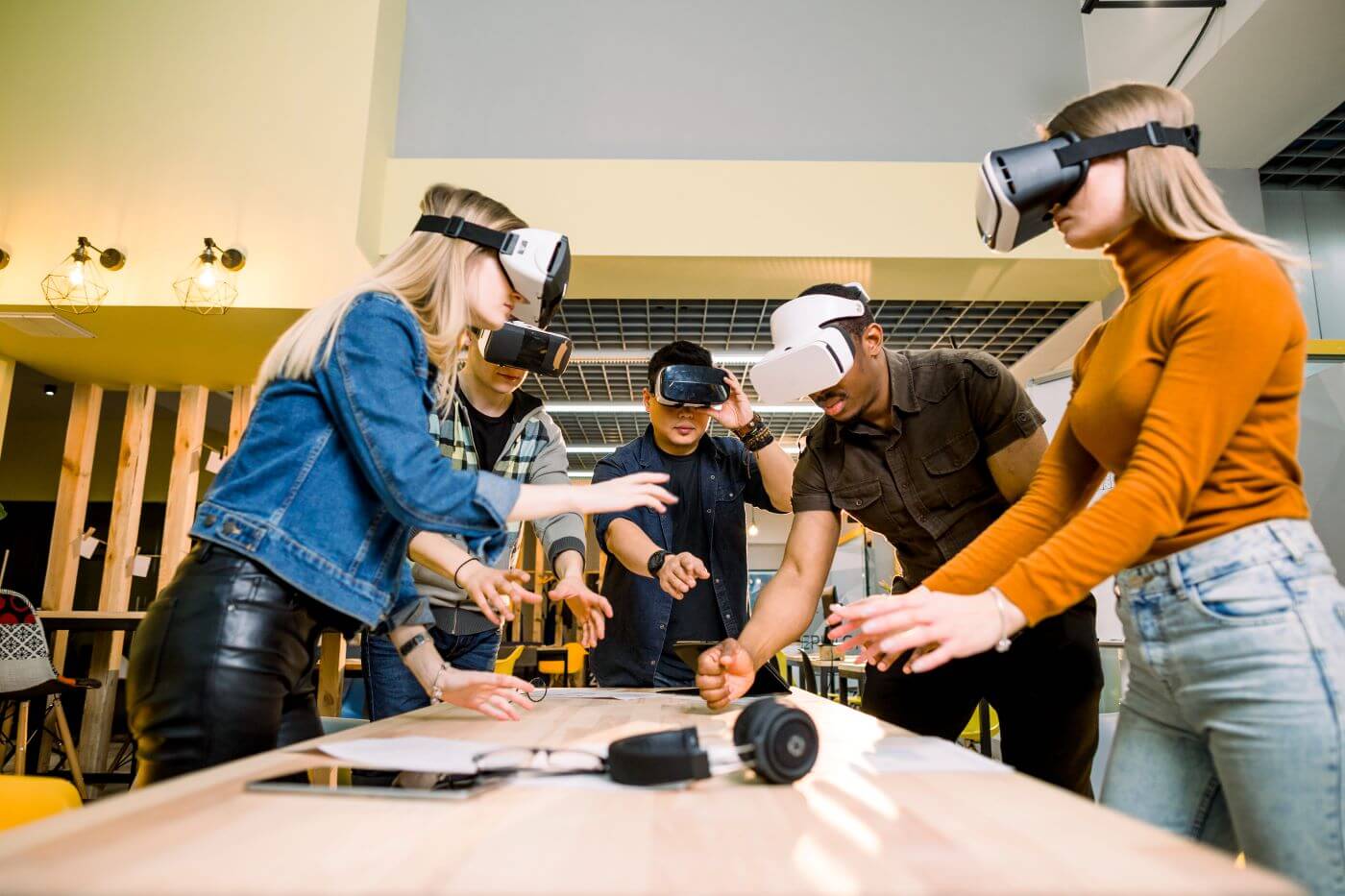
Since the start of the pandemic, people around the world have grown accustomed to working and learning remotely, spending their leisure time at home, and purchasing items via online retail platforms. Many have also become more cautious when interacting with the outside world, particularly when commuting or travelling on holiday.
As we have discussed earlier in this series of articles, the metaverse is a natural extension of this trend toward digital living. By presenting an immersive, fully interactive world that is also customisable, the metaverse lets users creatively express their digital identity in all its forms. Let us look now at the socioeconomic implications of this technological shift, in Thailand and beyond.

Toward a truly digital civilisation
In the future, no longer will casual internet users be restricted to experiencing stand-alone online games and social media platforms, as the metaverse combines these worlds into a connected digital space. The metaverse also promises a vast array of other potential activities in the realms of education, business, and entertainment. These possibilities include working in a virtual 3D environment without the required real-world tools, or even digital sightseeing in a country whose hotspots are digitally recreated with precision.
Through AR/VR devices, users will be able to work in digital settings and perform tasks such as writing on a whiteboard or even operating a touchscreen gadget. Such arrangements could actually reduce the need for real-world devices and applications that would otherwise require extra resources to operate. In the physical world, tablets require batteries, digital presentations require cameras, and white boards require coloured markers. In the metaverse, these and other tools can be digitally recreated and used limitlessly without such accessories.
Consider also that a person living anywhere in the world may soon have the chance to see the sights of Thailand, which have been digitally recreated at a high level of accuracy. Such digital tourism would eliminate the hassle of travel time, border crossings, language barriers, or an increased risk of disease from the pandemic. This option would allow people to potentially save money, and even meet Thai people, at a fraction of the cost of a physical visit.
Enabling these types of digital tools can also improve efficiency, productivity, and safety within the business world. Meetings and conferences would feel more organic in a 3D metaverse than in a Zoom meeting, while high-quality employee training would be achievable remotely at little to no cost.
Several Thailand-based companies are already starting to be more involved in the metaverse. For instance, organisations like the Nanyang Group have already designed fashion products for sale which can allow users to further customise their avatars. Other retailers like Siam Piwat are incorporating metaverse-related NFT strategies by joining forces with digital asset companies such as Zipmex.
Even regional government bodies are beginning to develop their own metaverse-related services. Chiang Mai’s ‘Crypto City’ project, for example, aims to blend the metaverse with localised initiatives, providing various forms of assistance to blockchain businesses and startups.
Further development along these lines is likely within Thailand’s private sector, thanks in large part to government support. As the country continues its push toward an Industry 4.0 economy, Thailand’s Board of Investment is offering incentives for software development as well as more general forms of digitalisation.
If the metaverse fulfils its promise of seamless global interaction, and if this level of harmony continues between private sector opportunity and government incentive programmes, then Thailand could very well become an early success story in a metaverse-fuelled future.
